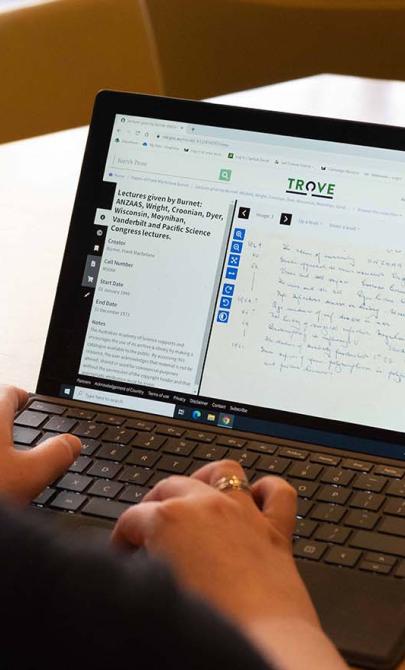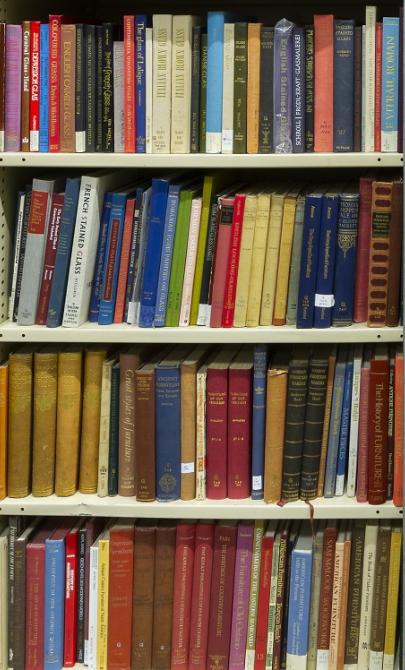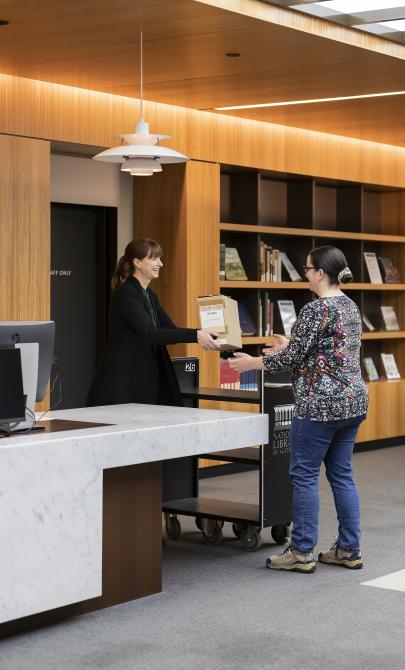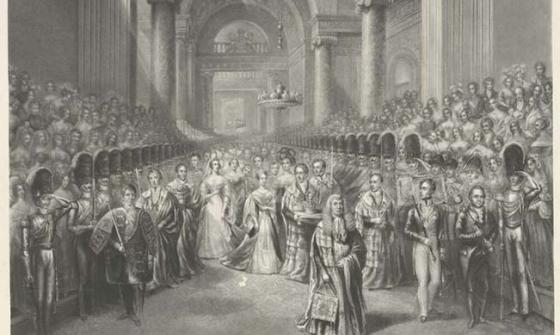Government and politics research guide
How Australian governments work
Government in Australia is made up of three tiers:
- Federal (or Australian)
- state and territory
- local.
You can find information about how governments work in Australia through a number of official websites, such as:
- Work of the Parliament (Parliament of Australia)
- Understand our Parliament (Parliamentary Education Office)
A dictionary of Australian politics by Robert Corcoran and Jackie Dickenson (2010) defines a range of Australian political terms and expressions and includes international terms which are essential to political discussion.
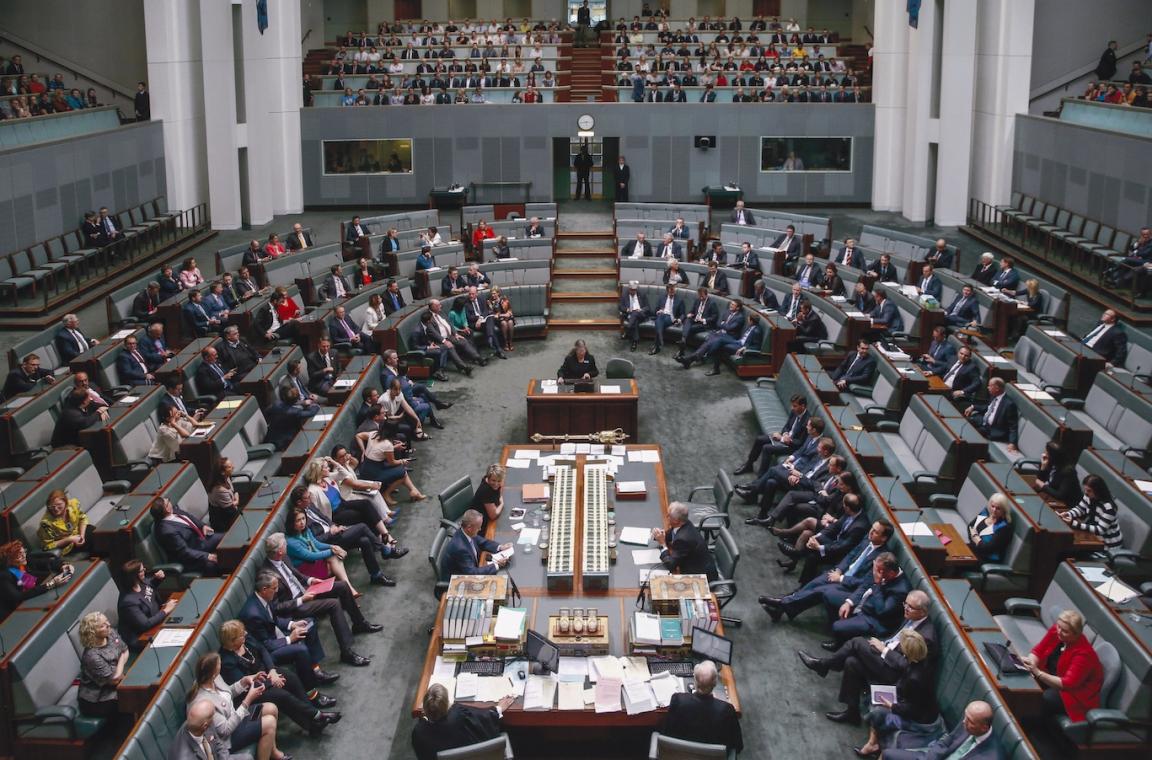
Sean Davey, Members of parliament in the House of Representatives during the debate of the Marriage Amendment Bill, Parliament House, Canberra, 7 December 2017, 1, nla.gov.au/nla.obj-735401237
Sean Davey, Members of parliament in the House of Representatives during the debate of the Marriage Amendment Bill, Parliament House, Canberra, 7 December 2017, 1, nla.gov.au/nla.obj-735401237
What you can find in the Library
We hold a rich collection of historical material supporting the study of Australian politics and government, such as:
- Books (biographies, histories and general works)
- Parliamentary papers (documents presented to Parliament and ordered to be printed)
- Manuscripts (papers of ministers and documents relating to political parties)
- Oral histories (speeches and interviews)
- Pictures (portraits, photographs and political cartoons)
- Ephemera (election advertising materials)
- Newspapers (biographical cuttings files – articles from Australian newspapers from the early 20th century to 2000).
Featured items

George Megalogenis, Minority report : the new shape of Australian politics, 2024, nla.gov.au/nla.cat-vn10132227
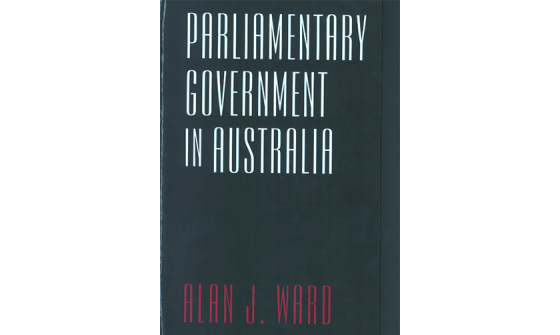
Alan J. Ward, Parliamentary government in Australia, 2014, nla.gov.au/nla.cat-vn6455138
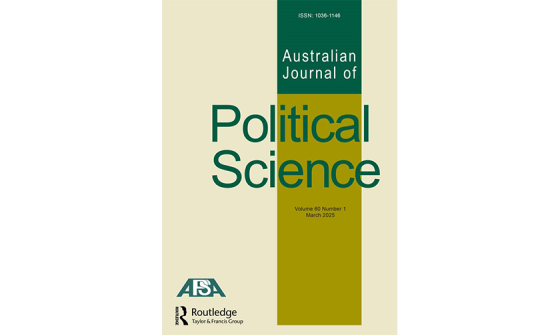
Australasian Political Studies Association & Australian Defence Force Academy, Department of Politics, Australian journal of political science, 1990, nla.gov.au/nla.cat-vn1104548
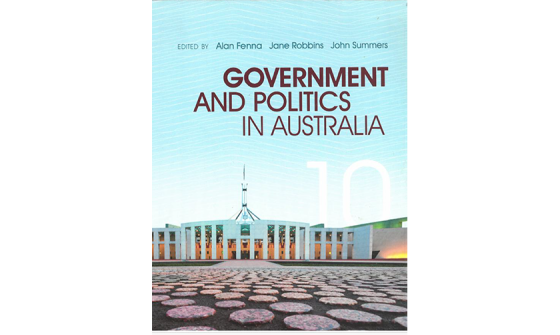
Alan Fenna et al., Government and politics in Australia, 2014, nla.gov.au/nla.cat-vn6191627
How to search and find items
You can find print publications and links to online government publications through the Library catalogue. Commonwealth departments and agencies are subject to the legal deposit provisions of the Copyright Act 1968. Previously, the Library actively collected publications by way of various government administrative directives, such as the Commonwealth Library Deposit and Free Issue Scheme.
If you’re looking for government gazettes, see our Government gazettes research guide.
Search the catalogue
Learn more about how to use the catalogue
Keyword search
Use a quick keyword search in the catalogue to find titles, authors or subjects.
- If you get too many results, click into the catalogue full results and use the Limit Your Results options (at the right of the search results page) to display only the items of interest, for example, manuscripts or oral histories.
- If you need to widen your search, try searching subject headings. You can search by subject directly in the catalogue (selecting subject in the drop down), or by opening an item’s catalogue record and clicking on the subject headings to find other material related to that subject.
To search for general works about Australian politics, try searching by subject. Some examples are:
To find information on Australian political parties, search subject headings, such as:
Items related to special interest groups in Australian society can be found using subjects, such as:
Key resource
Although GovPubs: the Australian Government Publications Guide is no longer maintained, it remains a key resource for locating selected types of Australian Government publications, including:
- Acts/Ordinances/Statutes
- Bills
- Budget Papers
- Explanatory Memoranda
- Gazettes
- Government Directories
- Notice Papers
- Parliamentary Debates (Hansard)
- Parliamentary Handbooks
- Parliamentary Papers
- Standing Orders
- Subordinate Legislation/Regulations
- Votes and Proceedings/Journals
Related research guides
Browse these related Library research guides to find more information and resources on your subject.
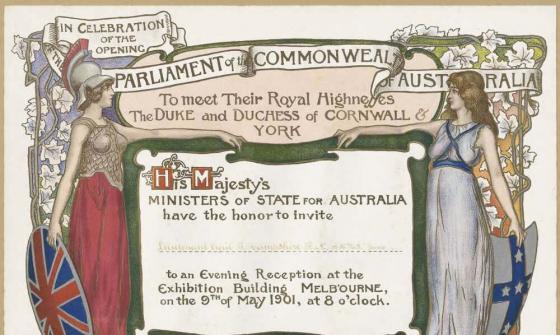
Julian Ashton & Howard Ashton & Otto Von Drehnen, (1901), [An invitation to meet Their Royal Highnesses the Duke and Duchess of Cornwall and York in celebration of the opening of the first Parliament of the Commonwealth of Australia], nla.gov.au/nla.obj-135825982
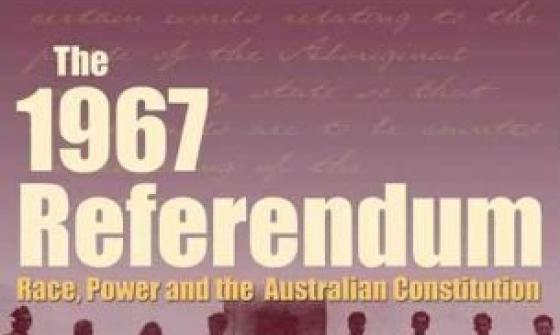
Bain Attwood and Andrew Markus, The 1967 referendum race, power and the Australian Constitution, 2007, nla.gov.au/catalog/3966879
Where else to look
Parliament of Australia
The official website of the Australian Parliament has information on parliamentary departments, links to committee reports, full text of bills, speeches, biographical information, parliamentary publications, and more. Also see the Parliamentary Library.
National Archives of Australia
Includes fact sheets and research guides on subjects such as Parliamentary Papers and several Prime Ministers.
Federal Register of Legislation
The authorised whole-of-government website for Commonwealth legislation and related documents.
British Royal Family
The official website of the British royal family, including information on Australia's head of state, the King.
Governor-General of the Commonwealth of Australia
The Governor-General’s website includes speeches, Australian honours and awards, links to the websites of State Governors, and information on previous Governors-General.
Prime Minister of Australia
The official website of the Prime Minister includes speeches, media releases, and links to the ministry.
Australia's diplomatic and consular missions
The Department of Foreign Affairs and Trade lists all Australian Embassies and Consulates, arranged alphabetically by country.
The Commonwealth
Provides information on the association of 56 independent sovereign states known as “The Commonwealth”. The site includes historical detail, facts and figures on each of the member nations including Australia, current news, press releases, publications, events and initiatives.
Get help with your research
Our specialist staff can help you with your research, to locate resources and use our microform and scanning equipment but they cannot undertake extensive or ongoing genealogical, historical or other research on your behalf.
Find out more in our Information and research services policy.
